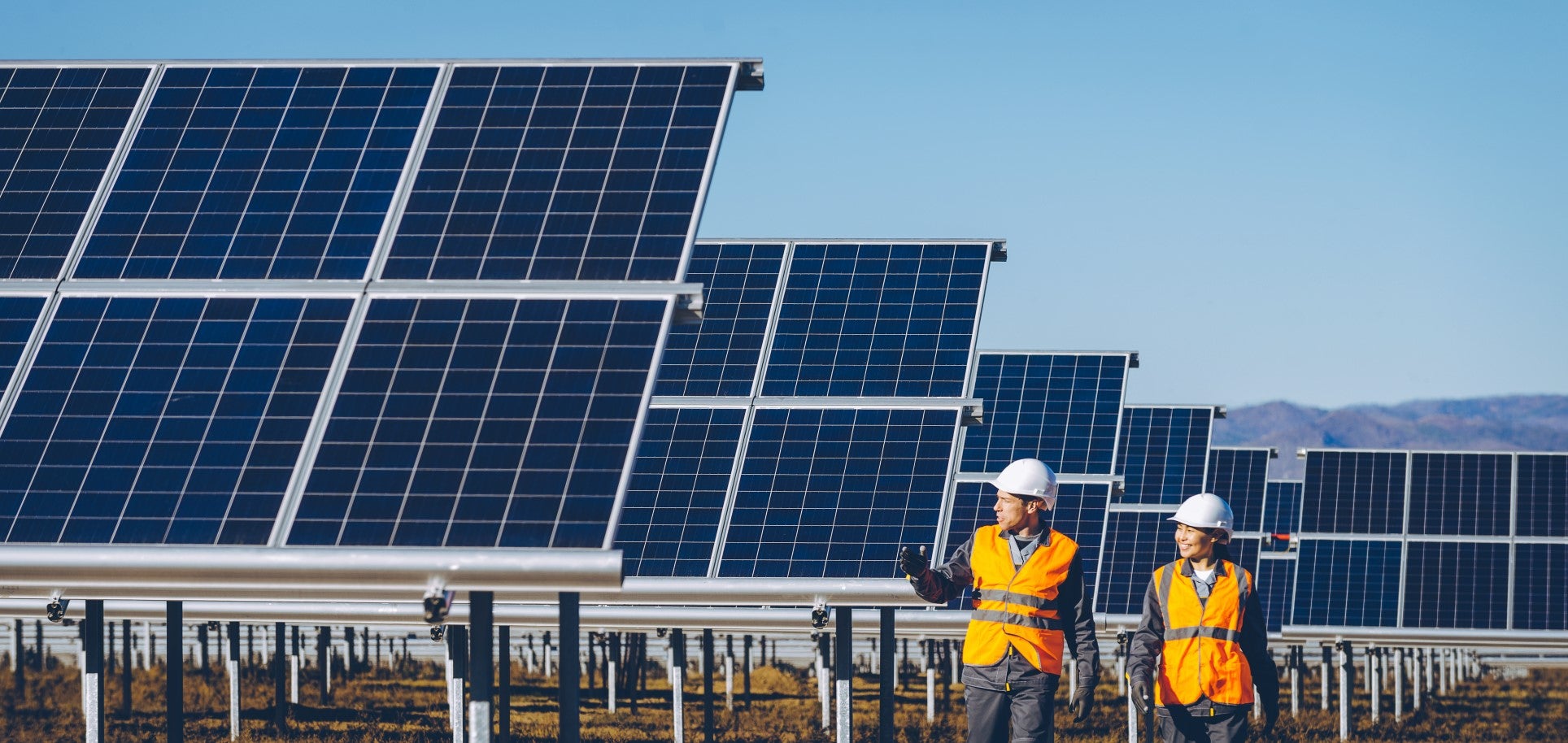Energy Efficiency: A game changer for business & the environment

 Energy efficiency can reduce operating costs, increase cash flows, enhance productivity, protect the environment and form a core component to a shared value business model. It also has contributed to the emergence of new career specialties in sectors like building management, consumer goods, manufacturing, transportation, transmission and water utilities. Smart meter maintenance, urban data systems, resilience engineering are a few examples of the human capital implications of the industry.
Energy efficiency can reduce operating costs, increase cash flows, enhance productivity, protect the environment and form a core component to a shared value business model. It also has contributed to the emergence of new career specialties in sectors like building management, consumer goods, manufacturing, transportation, transmission and water utilities. Smart meter maintenance, urban data systems, resilience engineering are a few examples of the human capital implications of the industry.
In the manufacturing sector, businesses deploy energy efficiency solutions. For example, material flow management tools ensure efficient resource use by analyzing and tracking energy and material utilization by specific processes. This allows product managers to make decisions that allow them to manufacture more products with less energy and materials.
Outside manufacturing, energy efficiency at data centers is generating momentum. Facebook, Google and IBM have all taken steps to reduce energy and operating costs through innovative technological investments. IBM’s LEED gold facility in San Bernardo, Chile, utilized low-carbon materials in construction, and new technologies optimize energy performance. Payback at energy efficient data centers like IBM's often happens in less than a year.
In the consumer goods sector, Unilever’s Jiutepec plant in Mexico, the star of its zero-waste sustainability program, collects rainwater, uses natural light from skylights and boasts a renowned recycling program.
A recent Schneider energy report highlighted the startling fact that if we deploy just the energy efficient technologies available today, cities could achieve 20% reduction in traffic delays, 20% reduction in water loss, 30% reduction in street crime and up to 30% energy savings.
Inspiring, yes, and it also tells me we can do more to get existing technology into the hands of those who will use it. According to recent IDB research, a key barrier to energy efficiency in Latin America and the Caribbean is local financing, especially that which is long-term. The IDB Group, along with other international financial institutions, has developed various financial and non-financial products to close this void, including loans, warehousing lines, partial credit guarantees for the securitization of pools of loans, risk-sharing mechanisms and technical assistance. With the appropriate financing structures, we can replicate successful and sustainable business models and scale up projects that offer the biggest energy savings with the smallest environmental footprint.
With more private firms and public agencies increasingly realizing that energy efficiency isn’t just about climate change mitigation but also cost savings, we can begin to transform the energy sector. One more element remains on ensuring a collective, sustainable future for the region. More to come next week….
LIKE WHAT YOU JUST READ?
Subscribe to our mailing list to stay informed on the latest IDB Invest news, blog posts, upcoming events, and to learn more about specific areas of interest.
Subscribe



